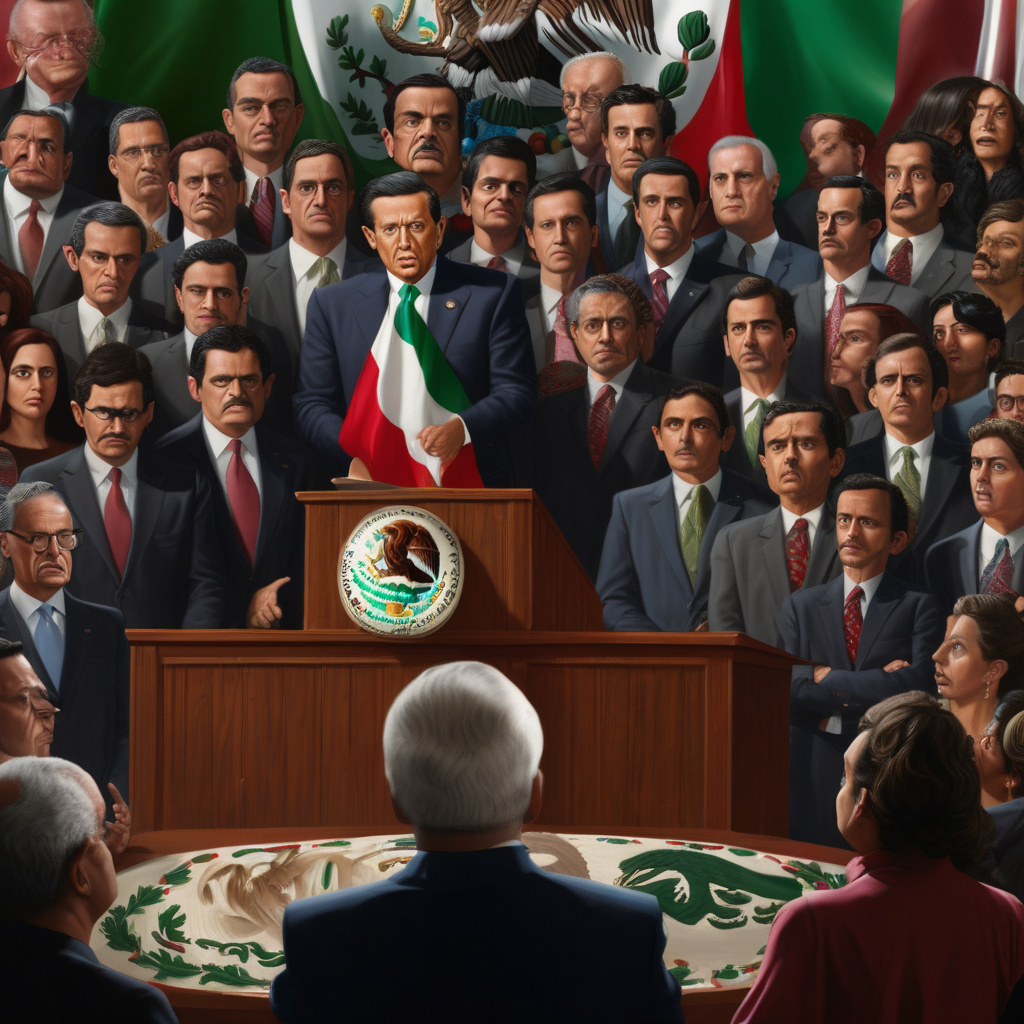In a recent development that has sparked controversy, Google Maps is set to comply with an executive order from President Donald Trump, aiming to rename various American landmarks. Among these changes, the tech giant intends to relabel the Gulf of Mexico as the Gulf of America. This decision has not gone unnoticed, as Mexican President Claudia Sheinbaum took a stand during a press conference, announcing that Mexico will be reaching out to Google to express concerns regarding this renaming.
The Gulf of Mexico has been a significant geographical feature for centuries, holding cultural, historical, and environmental importance that extends beyond borders. By renaming it to the Gulf of America, there are implications that stretch far beyond a mere alteration on a map. This change could potentially undermine the identity and heritage associated with the Gulf, impacting various stakeholders ranging from scientists and researchers to local communities and environmentalists.
President Sheinbaum’s swift response highlights the significance of such decisions on a global scale. It is not merely a matter of semantics but a reflection of respect for diverse cultures and histories. The Gulf of Mexico is not just a body of water; it is a symbol of shared heritage, cooperation, and interconnectedness between nations. By renaming it without consultation or consideration for Mexico’s perspective, Google risks alienating a significant part of its user base and perpetuating a narrative of erasure.
Moreover, this incident raises broader questions about the power dynamics in the digital age. As tech companies like Google wield immense influence over information dissemination and perception, the responsibility that comes with such authority cannot be understated. Renaming geographical features based on political directives without comprehensive consultation sets a concerning precedent, where digital platforms become tools for political agendas rather than impartial sources of information.
In the digital era, where maps are not just navigational tools but also representations of identity and belonging, the renaming of landmarks carries profound implications. It is essential for tech companies to recognize the cultural sensitivity and historical significance embedded in geographical names. Collaborative efforts involving diverse stakeholders, including governments, experts, and local communities, should precede any decision to alter longstanding names that hold deep meaning for people.
As discussions unfold between Mexico and Google regarding the renaming of the Gulf of Mexico, it serves as a reminder of the complexities involved in digital mapping and the importance of approaching such changes with nuance and inclusivity. The outcome of this dialogue will not only determine the name on a map but also signify whether tech companies prioritize cultural heritage and global cooperation in their decision-making processes.
In conclusion, the pushback from Mexican President Claudia Sheinbaum against Google’s renaming of the Gulf of Mexico sheds light on the broader implications of such actions. It underscores the need for tech companies to navigate geopolitical sensitivities with care, considering the cultural and historical significance of geographical names. As the digital landscape continues to evolve, maintaining respect for diverse identities and narratives is paramount in fostering a more inclusive and understanding global community.

